Disclaimer: This post contains affiliate links. If you purchase through these links, I may earn a small commission at no extra cost to you. This helps support my content so I can keep bringing you honest and in-depth reviews. Thank you for your support!
Are Blue Light Blocking Glasses a Game-Changer or Just Hype? Here’s the Truth You Need to Know!
Do You Stare at Screens All Day? Then You NEED to Read This.
Let’s be real—our lives revolve around screens. From morning to night, we’re glued to our phones, laptops, and TVs. Whether you’re grinding through work emails, binge-watching Netflix, or scrolling endlessly on social media, your eyes are constantly under attack from one invisible but harmful force: blue light.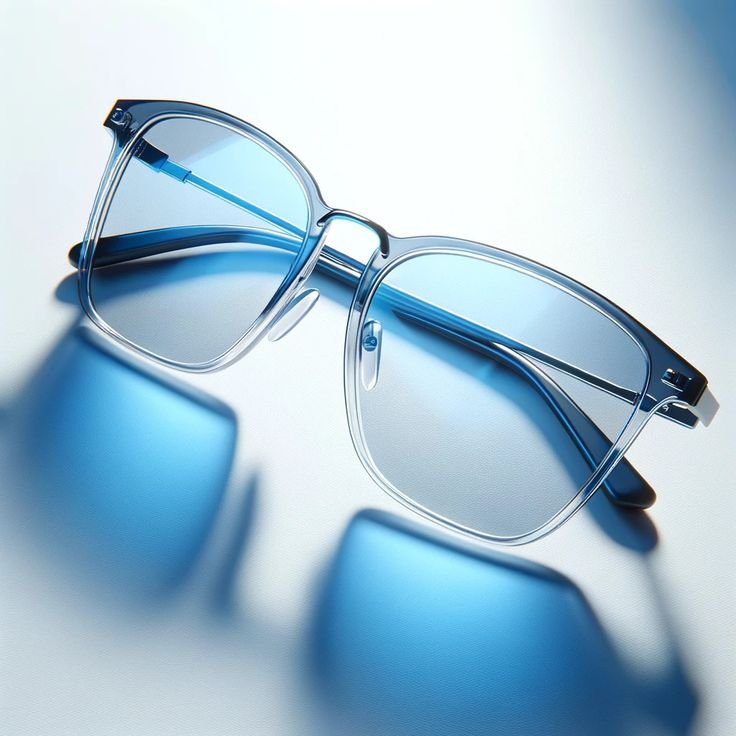
Ever end your day with tired, dry eyes? Struggle with headaches and blurry vision? Have trouble falling asleep even when you’re exhausted? It’s not a coincidence. Blue light exposure is silently wreaking havoc on your eyes, sleep, and overall health—and most people don’t even realize it.
That’s where blue light blocking glasses come in.
But do they really work? Or are they just another overhyped, Instagram-fueled trend?
After testing multiple pairs of blue light blocking glasses over the past six months, I’m here to give you the ultimate, no-BS review. I’ll break down what blue light is, how it affects your body, and whether these glasses actually make a difference.
By the end of this review, you’ll know exactly whether or not blue light blocking glasses are worth your money. Let’s dive in.
What is Blue Light & Why Should You Care?
Before we talk about the solution, let’s understand the problem.
What is Blue Light?
Blue light is a high-energy visible (HEV) light that comes from the sun, LED lights, and—most importantly—digital screens. While natural blue light is beneficial during the day (it keeps you alert), excessive artificial blue light from screens is harmful.
How Blue Light Affects Your Body:
Eye Strain & Fatigue – Too much screen time makes your eyes tired, dry, and irritated.
Headaches & Blurry Vision – Blue light overexposure can cause discomfort, making it harder to focus.
Poor Sleep Quality – Blue light disrupts melatonin production, tricking your brain into thinking it’s still daytime. This makes it harder to fall asleep and wake up refreshed.
Potential Long-Term Eye Damage – Some studies suggest prolonged exposure may contribute to retinal damage and macular degeneration.
Bottom line? If you’re spending hours on screens every day, you’re overloading your eyes with blue light—and it’s affecting your health more than you think.
Do Blue Light Blocking Glasses Actually Work?
The short answer? YES—but only if you get the right pair.
Not all blue light glasses are created equal. Some are just clear-lens fashion accessories with little filtering power, while others genuinely protect your eyes and improve sleep quality.
After testing multiple brands, I found that high-quality blue light blocking glasses DO make a massive difference—but only if they have the right technology.
What to Look for in a Good Pair of Blue Light Glasses:
✔ Blue Light Filtering Technology – Blocks at least 30% to 50% of blue light for daytime use and 90%+ for nighttime use.
✔ UV Protection – Helps shield your eyes from screen-related UV exposure.
✔ Anti-Reflective & Anti-Glare Coating – Reduces glare for better visibility and comfort.
✔ Comfortable & Lightweight Frames – You’ll be wearing them for hours, so they better feel good.
✔ Stylish Design – No one wants to look like a mad scientist while working at a café.
My Experience: What Changed After Using Blue Light Glasses for 6 Months?
When I first started testing blue light blocking glasses, I was skeptical. But after six months of consistent use, here’s what happened:
Week 1: Immediate Relief
Within just a few days, I noticed less eye strain—no more dry, burning eyes after long work sessions.
Fewer headaches in the evenings.
Screens felt easier to look at, especially under artificial lighting.
Week 4: Noticeable Sleep Improvement
Falling asleep was WAY easier, especially when using my computer late at night.
Woke up feeling more refreshed—no more groggy mornings!
Month 3: No More Digital Fatigue
I could work longer hours without discomfort.
No more midday eye fatigue that made me feel like I needed a nap.
Nighttime screen use felt less disruptive to my sleep cycle.
Month 6: Lifelong Habit Formed
At this point, I can’t imagine using screens without them.
On days when I forget to wear them, I instantly notice more eye strain and poorer sleep.
They’ve become an essential part of my work routine.
Best Blue Light Blocking Glasses: My Top Picks
After testing several pairs, here are the best blue light glasses for different needs:
1. Best Overall: Felix Gray Blue Light Glasses
✅ Filters 50% of blue light (great for all-day wear)
✅ Premium lenses with anti-glare & UV protection
✅ Stylish, professional frames
✅ Feels lightweight & comfortable
💰 Price: ~$95 (worth every penny)
2. Best Budget Option: Livho Blue Light Glasses
✅ Affordable & stylish (~$20 on Amazon)
✅ Blocks around 40% of blue light
✅ Great for casual screen users
💰 Price: ~$20 (great for first-time buyers)
3. Best for Heavy Computer Use: Gunnar Optiks
✅ Blocks 65%+ of blue light
✅ Designed for gamers & long work hours
✅ Amber-tinted lenses for extra protection
💰 Price: ~$60 (perfect for hardcore screen users)
Are They Worth It? Final Verdict
Let’s be blunt: If you spend hours looking at screens, blue light blocking glasses are not optional—they’re essential.
Why You Should Get a Pair TODAY:
✔ Immediate eye relief – Less strain, less fatigue, more comfort.
✔ Better sleep – Helps your brain wind down at night.
✔ Increased productivity – No more screen-related headaches or exhaustion.
✔ Long-term eye health – Reduces risk of digital eye strain & potential vision problems.
Who Should Buy Blue Light Glasses?
✅ Office workers & remote employees – If your job involves a screen, these are a game-changer.
✅ Gamers & coders – Reduces fatigue during marathon sessions.
✅ Students – Helps with late-night study sessions.
✅ Anyone who struggles with sleep – Less blue light at night = better melatonin production.
Who Might Not Need Them?
⛔ If you rarely use screens (less than 2 hours per day).
⛔ If you already use night mode & blue light filters on all your devices.
—
Final Rating: ⭐⭐⭐⭐⭐ (5/5) – A Must-Have for Anyone Who Uses Screens Daily
If you’ve ever experienced tired eyes, headaches, or poor sleep from screen time, do yourself a favor and get a high-quality pair of blue light blocking glasses.
I wish I had started using them years ago—because once you try them, you’ll never go back.
🎯 Ready to protect your eyes and improve your sleep? Grab a pair now!
Click Here to Find the Best Blue Light Glasses on Amazon! 👉https://amzn.to/3FBz4nG

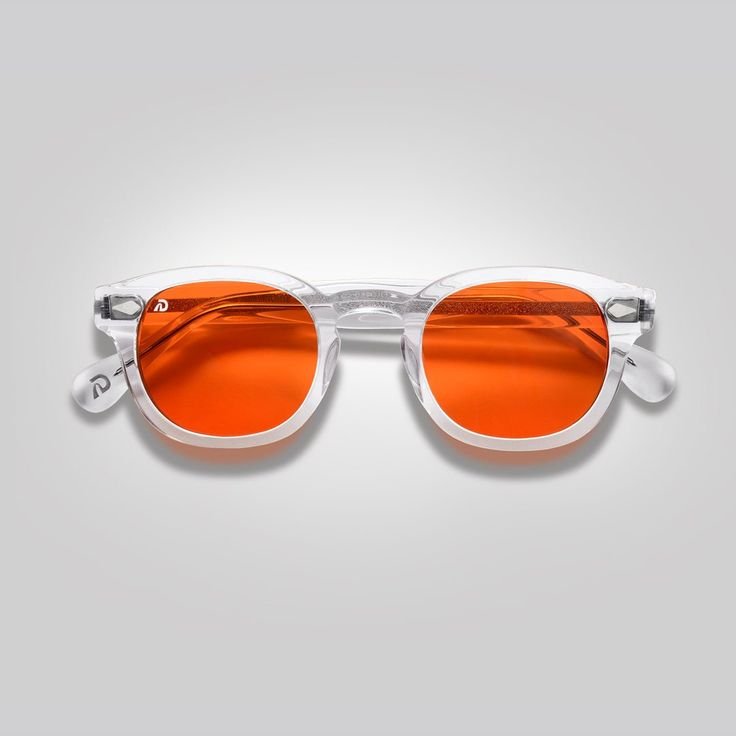
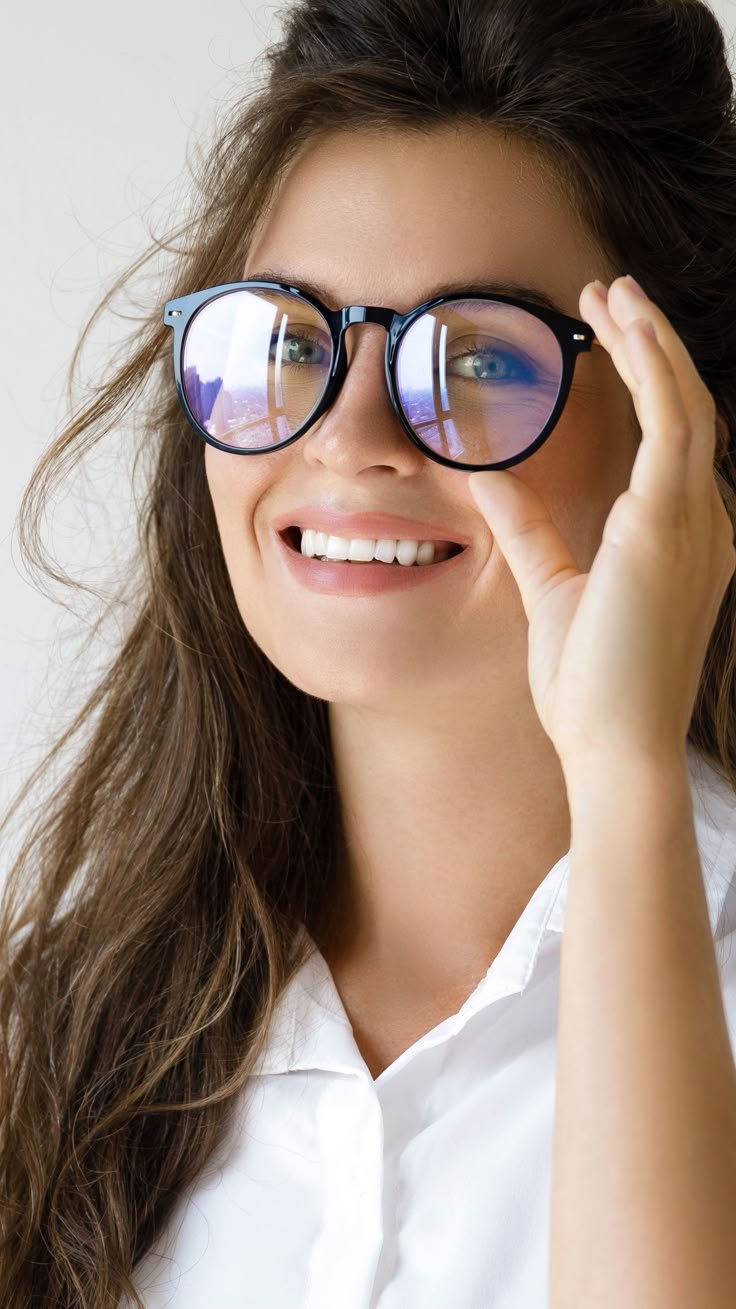

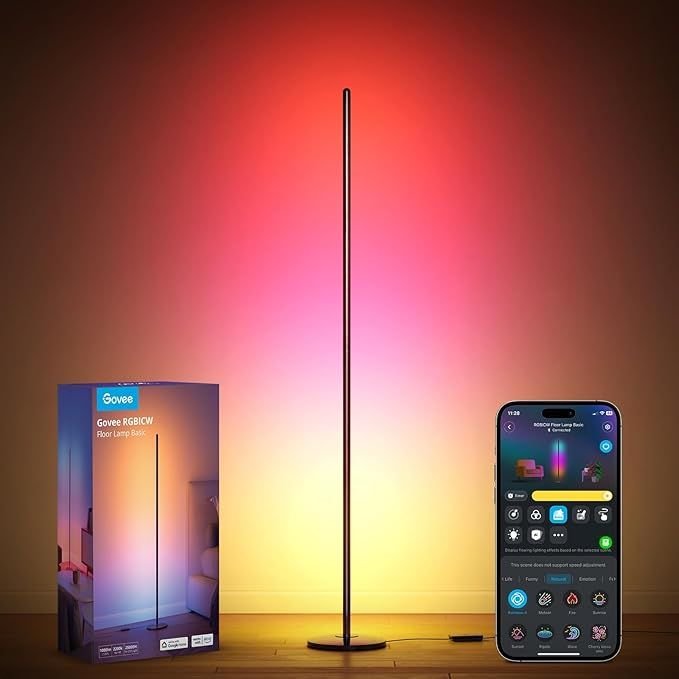
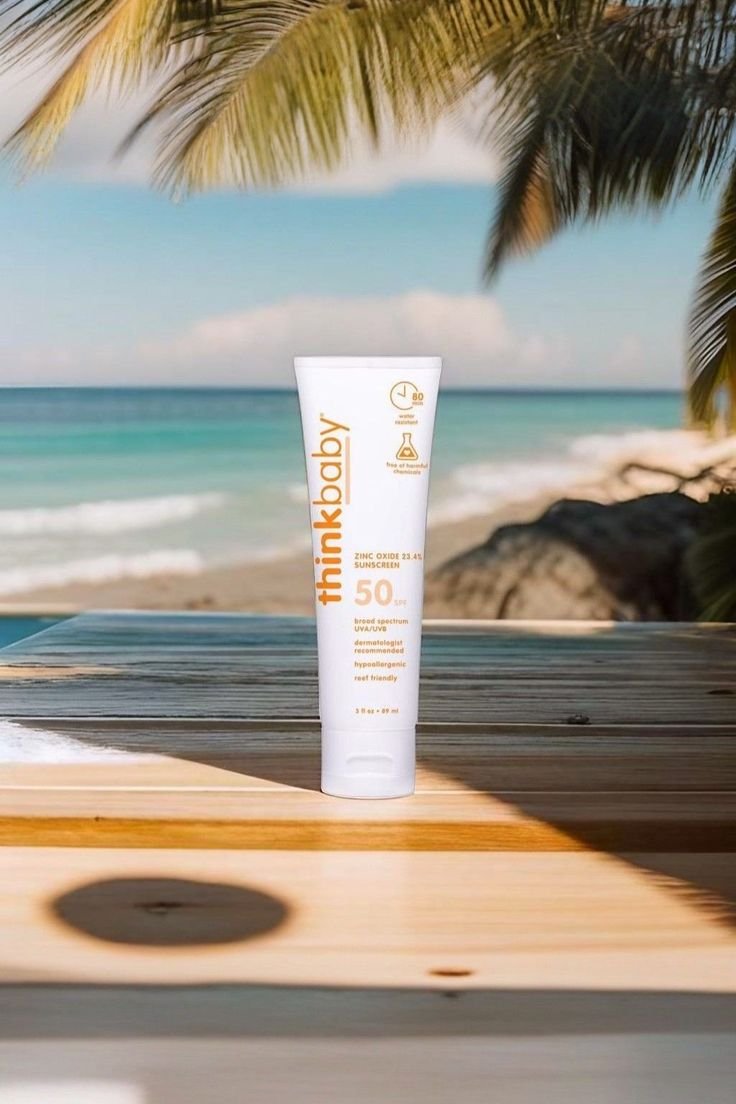
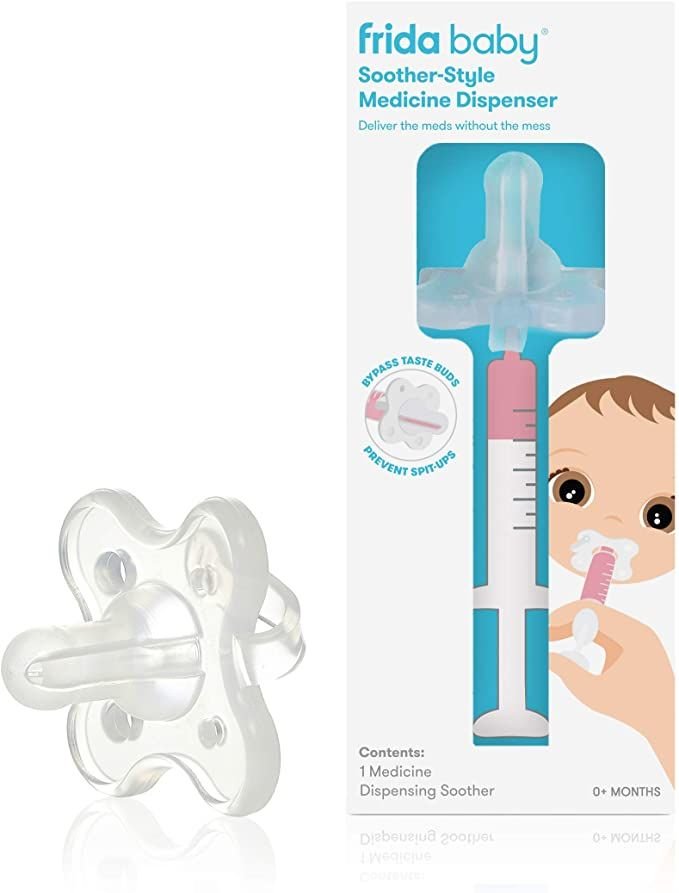
Leave a Reply